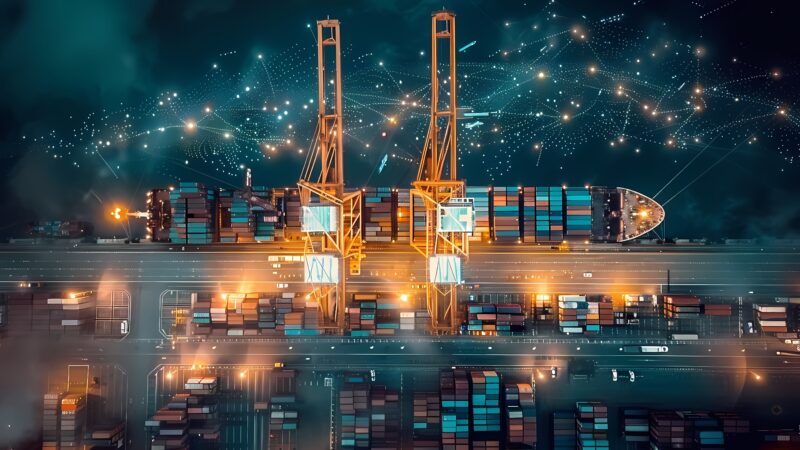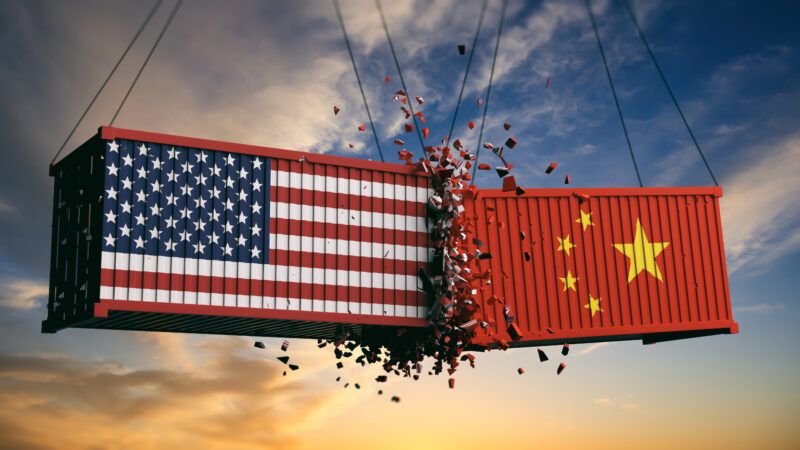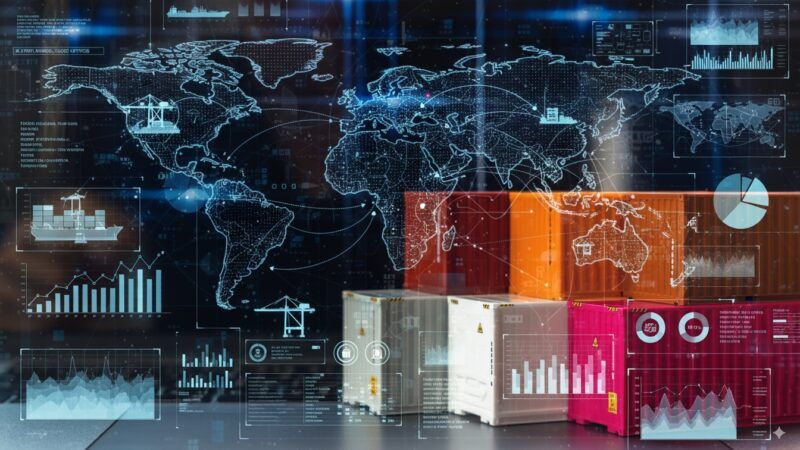Barrier-free technology
Barcelona is, today, a pioneer in the use of this technology in a port environment. Its implementation has made it possible to automate data collection, optimize operations and thus favor the loading and unloading processes. All this, with a fast and agile system and without the need to install large technological devices.
With its adoption, the port is positioned as a benchmark and leaves the door open for future improvements. On the one hand, and thanks to deep learning, the system can continue to improve its level of certainty. On the other hand, the analysis of the results allows it to continue innovating and developing solutions for the port environment.
"Now that we offer traceability of wagons, trucks, containers or dangerous goods, our interlocutors ask us to identify new elements, such as the identification of container seals or damages that could appear," says Landman. "As a technology company focused on the development of new computer vision solutions, we integrate these requirements into our roadmap."
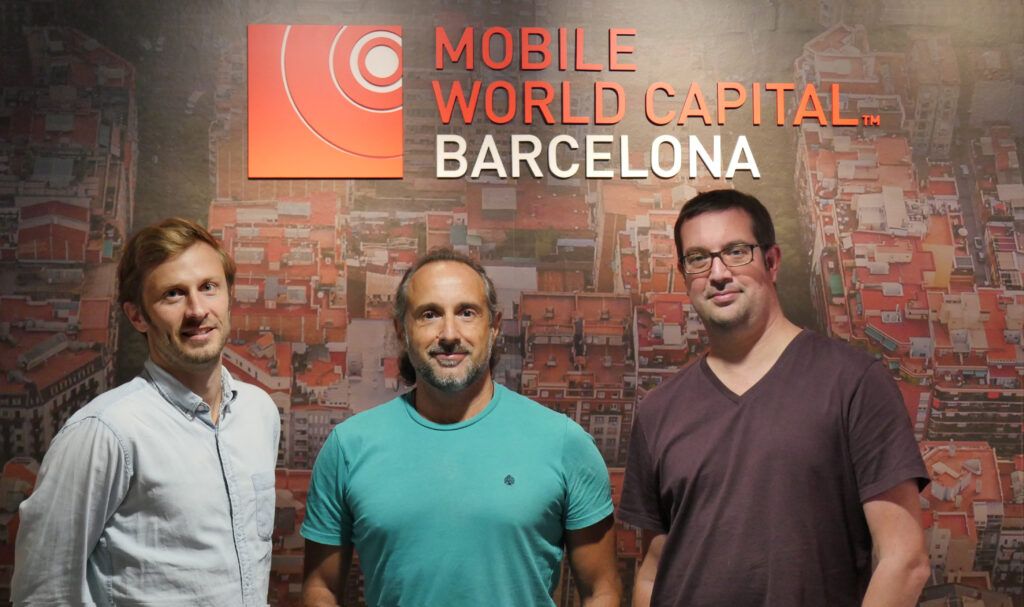
The adoption of this computer vision and AI system is part of the Port of Barcelona's commitment to innovation and digitization. Thus, the institution joins a trend that is gaining weight worldwide.
Recently, the Port of Abu Dhabi announced a collaboration with Microsoft Corporation. The agreement seeks to improve container tracking and autonomous shipping capabilities at the Khalifa port. In this case, recognition will be made thanks to the artificial intelligence system of Azure (Microsoft's cloud computing service).
"The technology will drive the introduction of intelligent container tracking solutions based on artificial intelligence, which will guarantee 100% traceability of all containers handled, as well as the potential to launch an autonomous vehicle system," the Port of Abu Dhabi explains. They hope that its adoption will serve to modernize the port environment, reduce its carbon footprint, mitigate costs and optimize response times.
A pilot project has been carried out in the Port of Algeciras to test an innovative solution based on artificial vision and machine learning. The solution sought to automate the traceability and geolocation of ro-ro cargo within the Heavy Traffic Terminal. In this case, a network of video cameras deployed by the terminal captured images that were later processed and analyzed by the system.
"The ultimate purpose was to identify and monitor the trucks that pass through the TTP and automatically detect events of interest from the analysis of images and videos, such as, for example, the occupation or liberalization of parking spaces," the Port of Algeciras explains.
As it was the case of Barcelona, the Algeciras pilot project was considered a success. Everything indicates that, in the coming years, the identification of assets using AI and other technological solutions may become a fundamental service. These elements will improve the efficiency of port environments.
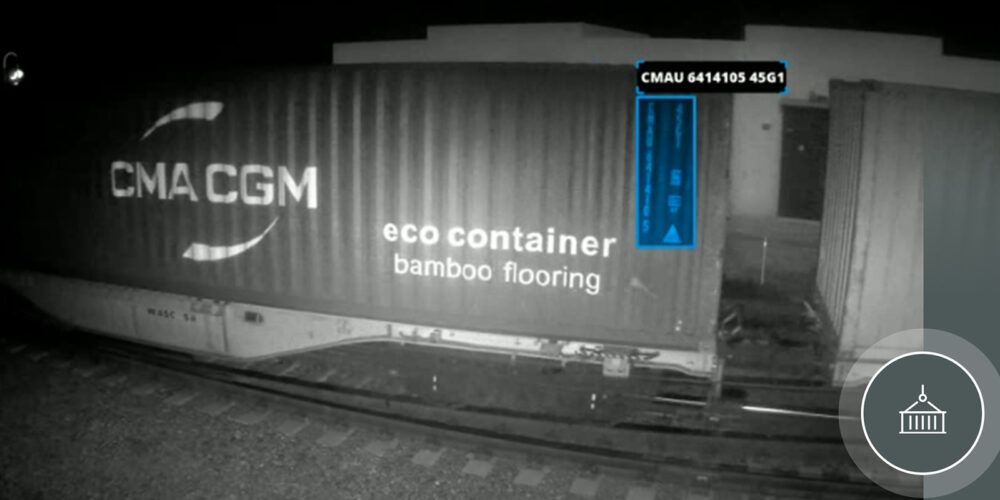 AllRead's technology is capable of detecting upright, horizontal, broken, dirty and partially covered license plates. (AllRead/PierNext)
AllRead's technology is capable of detecting upright, horizontal, broken, dirty and partially covered license plates. (AllRead/PierNext)
 AllRead's technology is capable of detecting upright, horizontal, broken, dirty and partially covered license plates. (AllRead/PierNext)
AllRead's technology is capable of detecting upright, horizontal, broken, dirty and partially covered license plates. (AllRead/PierNext)




